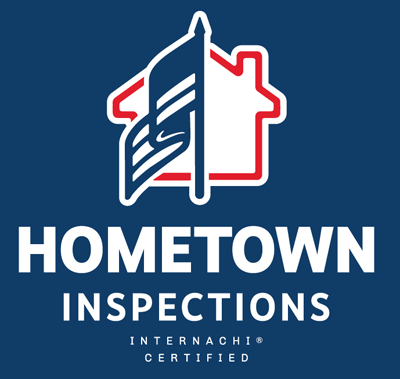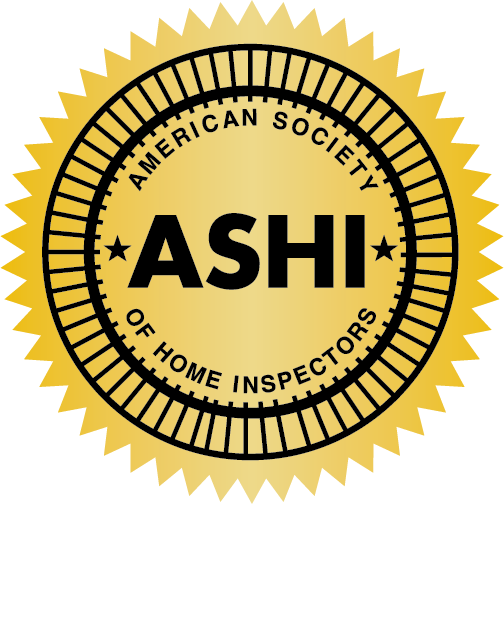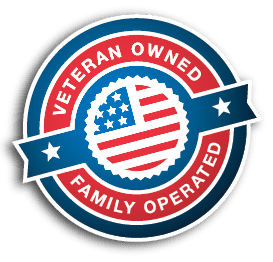SEPTIC SYSTEM TIPS FOR HOMEOWNERS
By Chris Hall
What is a Septic System?
How do I maintain a healthy Septic System?
Do I need to have it pumped or serviced and how often?
These are common questions many homeowners have. Taking the appropriate steps early along with regular maintenance can save thousands of dollars in repairs down the road.

What is a Septic System?
A septic system is designed to filter wastewater from your home. This includes wastewater discharge from your toilets, showers, sinks and dishwasher. A typical septic system (although there are many designs and elements) consists of pipes, holding tank(s), distribution box, and drain field.
How does the system work?
Basically, when you flush a toilet, bathe, etc., water is discharged via a sequence of pipes from your house into a holding tank. The solids and liquids are separated in this tank and the liquid is fed into a second tank. From here, the liquid moves into the distribution box and then fed into the drain field where it leaches into the ground. The water is then filtered by the soil and eventually works its way into the groundwater system. Your septic system is a complex, living ecosystem which requires proper use and maintenance.
How Do I Maintain my septic system?
- Be mindful what can and cannot be placed into your septic system. Chemicals, medications, disposable wipes, and feminine hygiene products should never be sent down your drain as these can clog your system and/or upset the healthy ecosystem in your septic tank.
- Having your tanks pumped out every two to three years ensures that your system is working properly and it isn’t getting too full.
- Avoid planting trees, bushes and shrubs near your system as the roots from these plants can invade your tanks and drain field causing blockages.
- Never drive vehicles on any part of your septic system as the weight can cause damage to the system.
These do’s and don’ts can save you a lot of headache down the road.

Being mindful of these tips can provide you with a healthy, long lasting septic system. Should you experience problems with functionality, foul odors or wastewater back-ups into your home, a qualified inspector should be contacted to evaluate and mitigate the situation.





